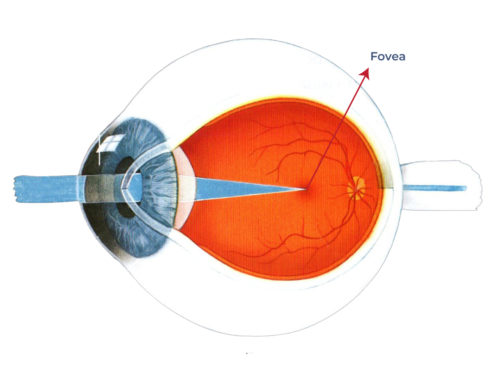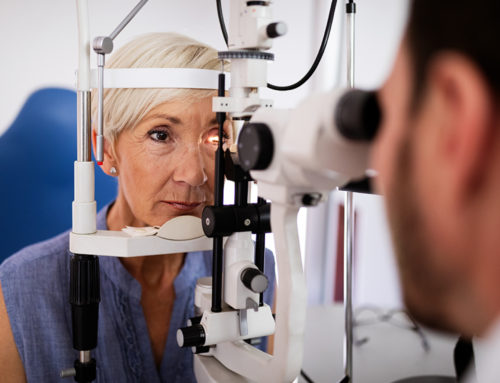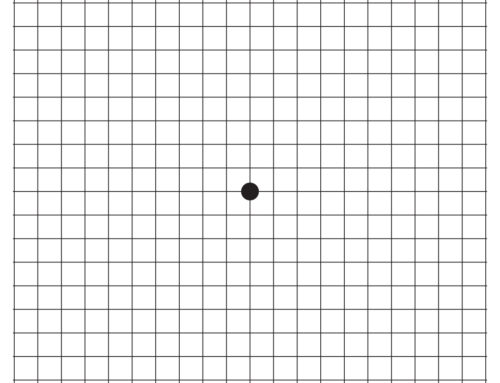
If you are experiencing changes in your vision, it is always best to consult an eye doctor. Optometrists, ophthalmologists, and even primary care providers are trained to evaluate your symptoms and determine if you need to be referred to a retina specialist. However, it can be helpful to know when to consider seeking specialized care from a retina specialist.
Here are some reasons you may need to see a retina specialist:
1. Sudden or Gradual Changes in Vision:
If you are experiencing sudden or gradual changes in vision, such as blurred or distorted vision or loss of vision in one or both eyes, it may be a sign of a retinal problem. A retina specialist can evaluate your symptoms and perform a comprehensive eye exam to determine the underlying cause and provide treatment recommendations to restore your vision or prevent further vision loss.
2. Floaters or Flashes of Light:
Floaters are small specks or spots that appear in your field of vision, and flashes of light can look like lightning streaks or shooting stars, often occurring in your peripheral vision. These symptoms can be a sign of a retinal tear or retinal detachment and require immediate attention from a retina specialist.
3. Dark Spots or Areas in Your Vision:
Dark spots or areas in your vision, often described as smudged or gray and patchy blurred vision, can be a sign of a retinal problem, such as age-related macular degeneration or a retinal vein occlusion. A retina specialist can diagnose and treat these conditions to help preserve your vision.
4. Loss of Peripheral Vision:
If you are experiencing loss of peripheral vision, such as a dark or gray curtain in the peripheral vision of one eye, you may have a retinal detachment or other retinal problems. A retina specialist can diagnose and treat these conditions to help preserve your vision. The sudden loss of peripheral vision in both eyes can be a sign of a stroke, however, and warrants a visit to the emergency room for urgent diagnosis and additional imaging.
4. Straight Lines Appearing Wavy or Distorted:
If straight lines appear wavy or distorted, it can be a sign of age-related macular degeneration or other retinal problems. A retina specialist can diagnose and treat these conditions to help prevent further vision loss.
5. Eye Pain or Discomfort
If you are experiencing eye pain or discomfort, it can be a sign of a retinal problem that is causing the pressure in the eye to be extremely elevated or a variety of inflammatory disorders known as uveitis. A retina specialist can help determine the cause of the eye pain and initiate treatment to help relieve the pain.
In addition, if you have been diagnosed with a retinal disease, such as age-related macular degeneration, diabetic retinopathy, retinal tear, or retinal detachment, your eye doctor may refer you to a retina specialist for specialized care and treatment.
It is important to remember that early detection and treatment of retinal diseases can help preserve your vision and prevent further complications. If you are experiencing any of the above symptoms or have been diagnosed with a retinal disease, do not hesitate to seek medical attention and schedule an appointment with a retina specialist.




